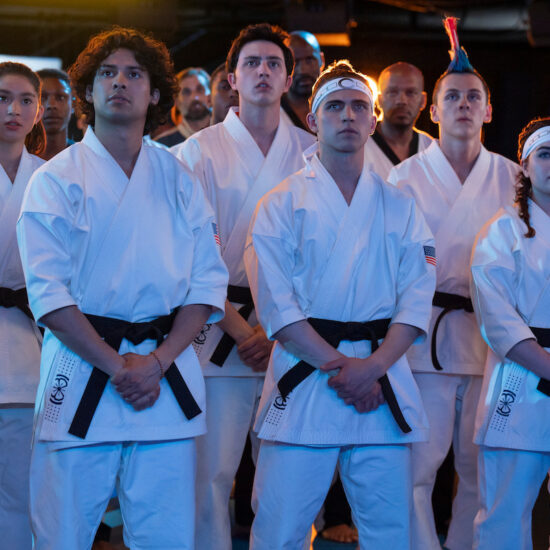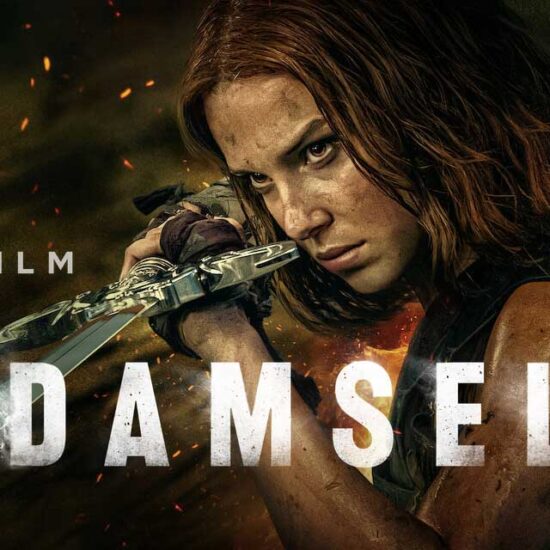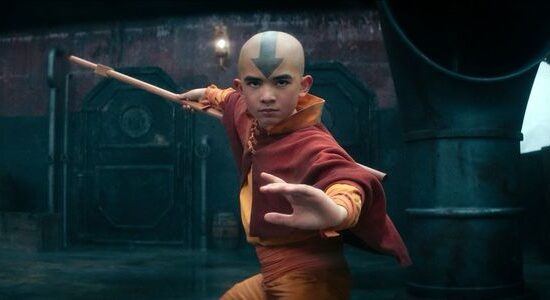
Netflix’s latest sports docuseries, “Bill Russell: Legend,” is sandwiched between its 10-part tennis series, “Break Point,” and its eight-part golf series, “Full Swing,” in a string of non-fiction programming demonstrating the streamer’s commitment to chronicling athletic excellence. Although there have been other docs made about Russell, a Boston Celtics legend who won 11 championships during his career, Netflix is calling this latest nonfiction film about the 6-foot-10-inch center the “definitive documentary.”
In the series, Oscar-nominated documentarian Sam Pollard, who recently spotlighted tennis great Arthur Ashe in “Citizen Ashe,” traces Russell’s groundbreaking career on the court as well as his role as a civil rights pioneer and activist. The doc features interviews with Russell before his death in 2022, personal archival footage and interviews with players including Steph Curry, Chris Paul, Julius Erving, Magic Johnson, Shaquille O’Neal and Kareem Abdul-Jabbar. Variety spoke with Pollard about making another doc about Russell, editing road bumps and the use of narration in the film.
HBO Sports and ESPN have made documentaries either featuring Russell or about Russell. Why make another doc about him?
The difference is that this is Netflix. We did a deeper dive. A more complicated dive into this very complicated human. He wasn’t just a basketball player, but a true Black man from my perspective. A man who stood up for his principles. He could also piss people off.
The series details not only Russell’s legacy as a great basketball player, but also his role in the civil rights movement. Was it challenging to weave together those two parts of his life?
Initially, we were trying to figure out if we should start with his early life in Monroe, La., then build to his first years as a Celtic. Then we decided to slip it around and do the backstory of his early life after we introduced the fact that he became a member of the Celtics. We also asked ourselves, how long do we stay in the basketball before we then get back to his off-the-court activities? So, yes. It was a bit of a challenge. I mean, it took a while to edit this one.
Russell played in the 1950s and 1960s when a lot of the basketball television coverage was in black-and-white, without close-ups and, occasionally, not in focus. Did incorporating that footage into the doc also make the edit tricky?
The one challenge that we as documentarians always face is that when you see this old footage, you say, “It looks pretty crappy, and there wasn’t a lot of coverage.” So, you have to sort of take a leap of faith. [We looked at the archives] and would say – “Is that Bill Russell?” But we also knew that we were never going to get the same kind of coverage and quality we see today.
Bill Russell in his heyday
Courtesy Netflix
Did directing “Citizen Ashe,” a film about tennis great Arthur Ashe, who was also an activist, inform this film at all?
You know, what helped me make this film and the Arthur Ashe doc is that these [are people who were] part of my generation. I grew up in the ’60s. I remember Arthur as a teenager. I remember Bill Russell playing Wilt Chamberlain as a teenager. So, for me, it’s like all these films that I’ve made lately are touching on things that surrounded me as a young man growing up, and that I was completely aware of. So, I’m immersed in these films, and I’m feeling a real personal connection to the material.
The doc features narration, which is not something you use in most of your films. Why did you decide to use it in this one?
My take is to try and never use narration. I was informed as a filmmaker by the Maysles brothers and D.A. Pennebaker, so usually, I try to do it without narration. And the first couple of cuts we had, we didn’t have any narration at all. We just had the recorded excerpts from Bill’s memoir. But then we felt, as we were starting to tighten the cuts, that there was some specific information that our entities were never going give us because some of these players weren’t playing in Russell’s era. So, we needed some narration to tie up some of those loose ends.
How did you decide to make this a two-part series?
Originally it was going to be six parts. Then as we started to put the cut together and we started showing it to Netflix, the reaction was, “Well, it should maybe just be two films.” So, that enabled us to keep it tighter and elongate in certain sections.
Was there anything that you learned about Russell that surprised you while making the doc?
What I learned, which just fascinates me, is here’s a man who wins 11 championships in 13 seasons, the last in 1969. He’s at the top of his game. What does he do? He decides to quit the Boston Celtics. He decides to leave Boston. And to me, the big elephant in the room is he walks out on his family. He leaves his wife and his kids, gets in his Lamborghini and he drives to Los Angeles.
Midlife crisis?
Yeah. Listen. He had a tremendous ego, and he was looking for a different life.
“Bill Russell: Legend” will begin streaming on Netflix Feb. 8. The doc was produced by Larry Gordon (“Field of Dreams,” “Die Hard”), Ross Greenburg (“Magic & Bird: A Courtship of Rivals”) and Mike Richardson (“Hellboy,” “The Umbrella Academy”).














